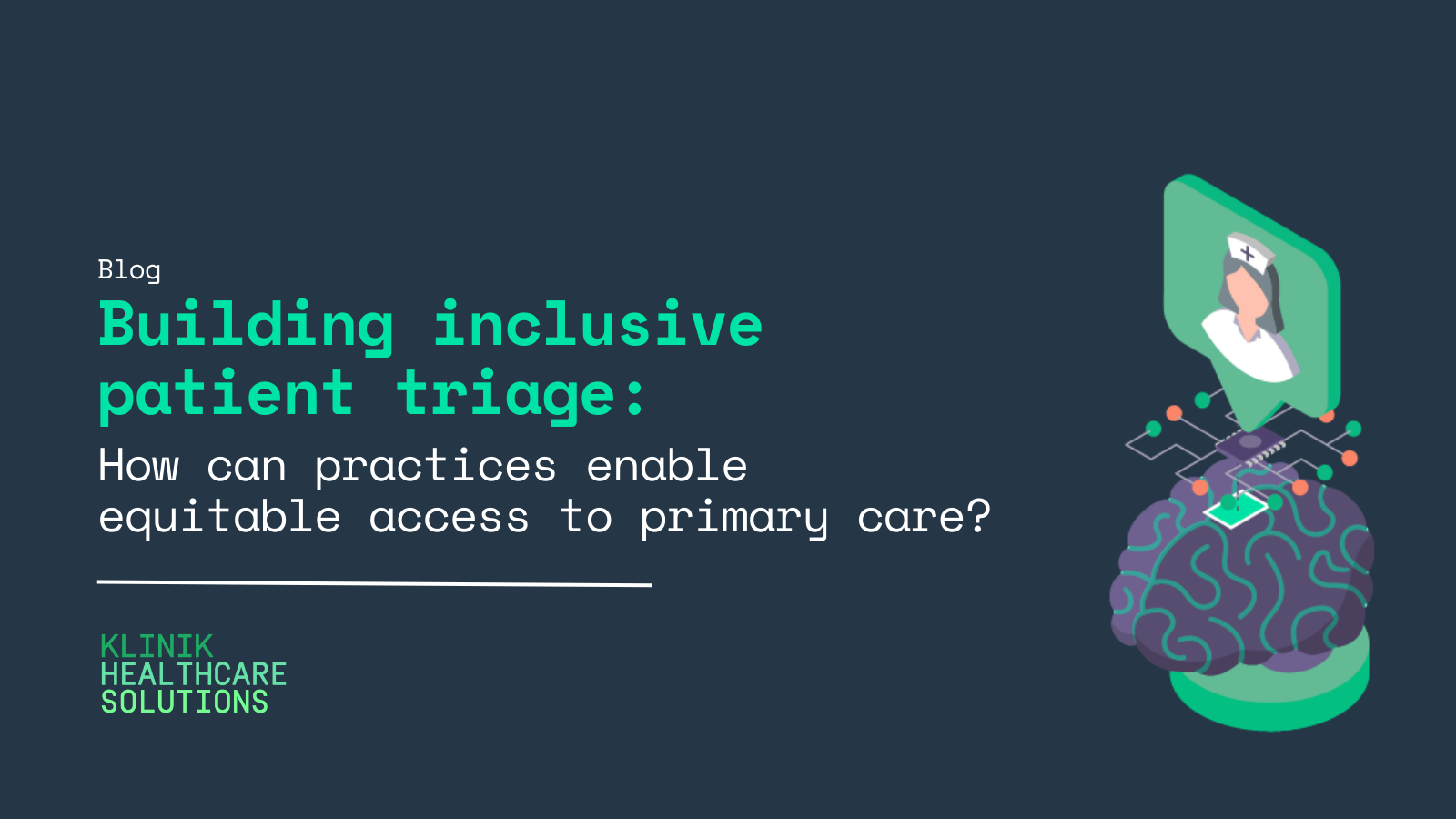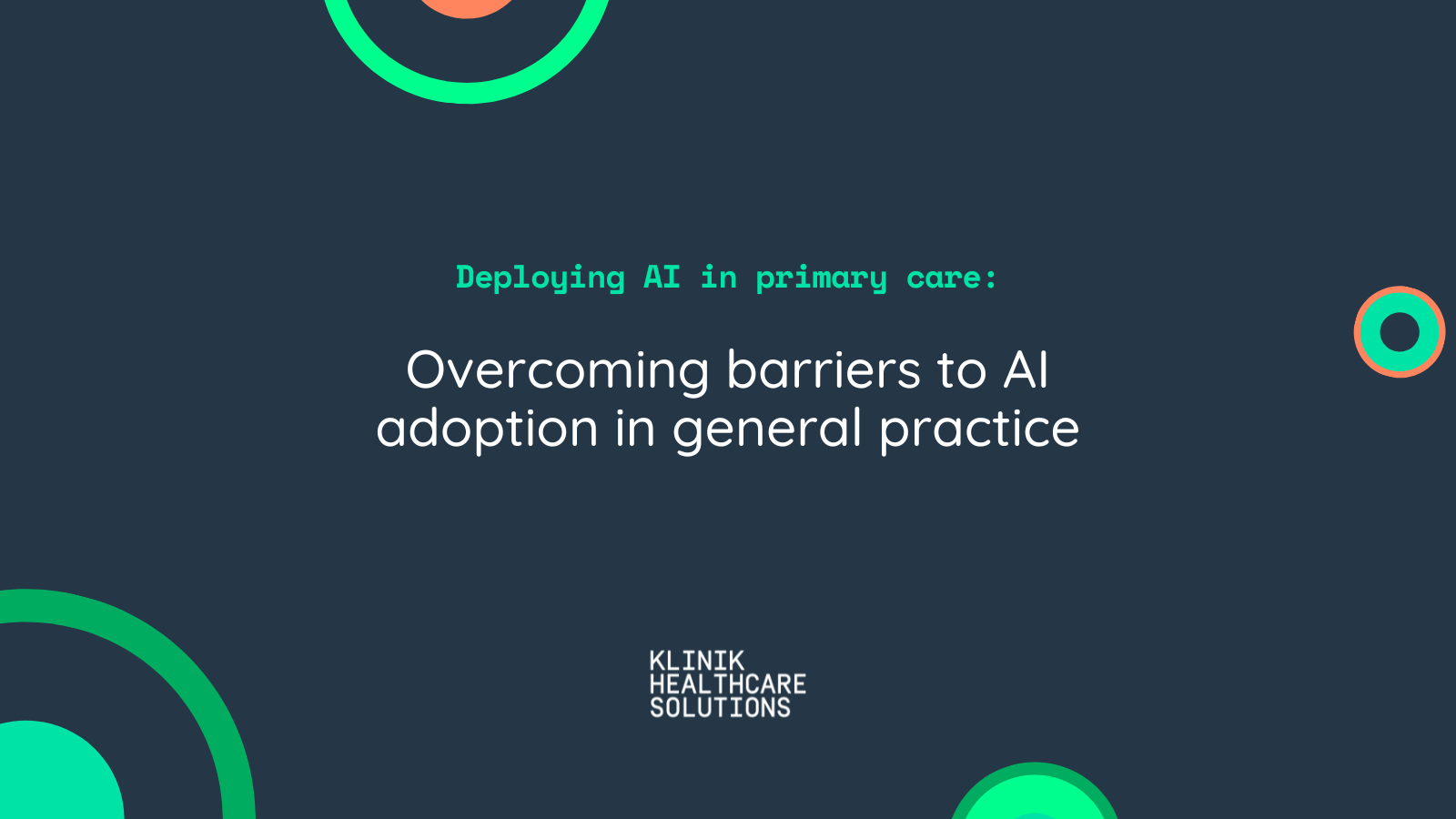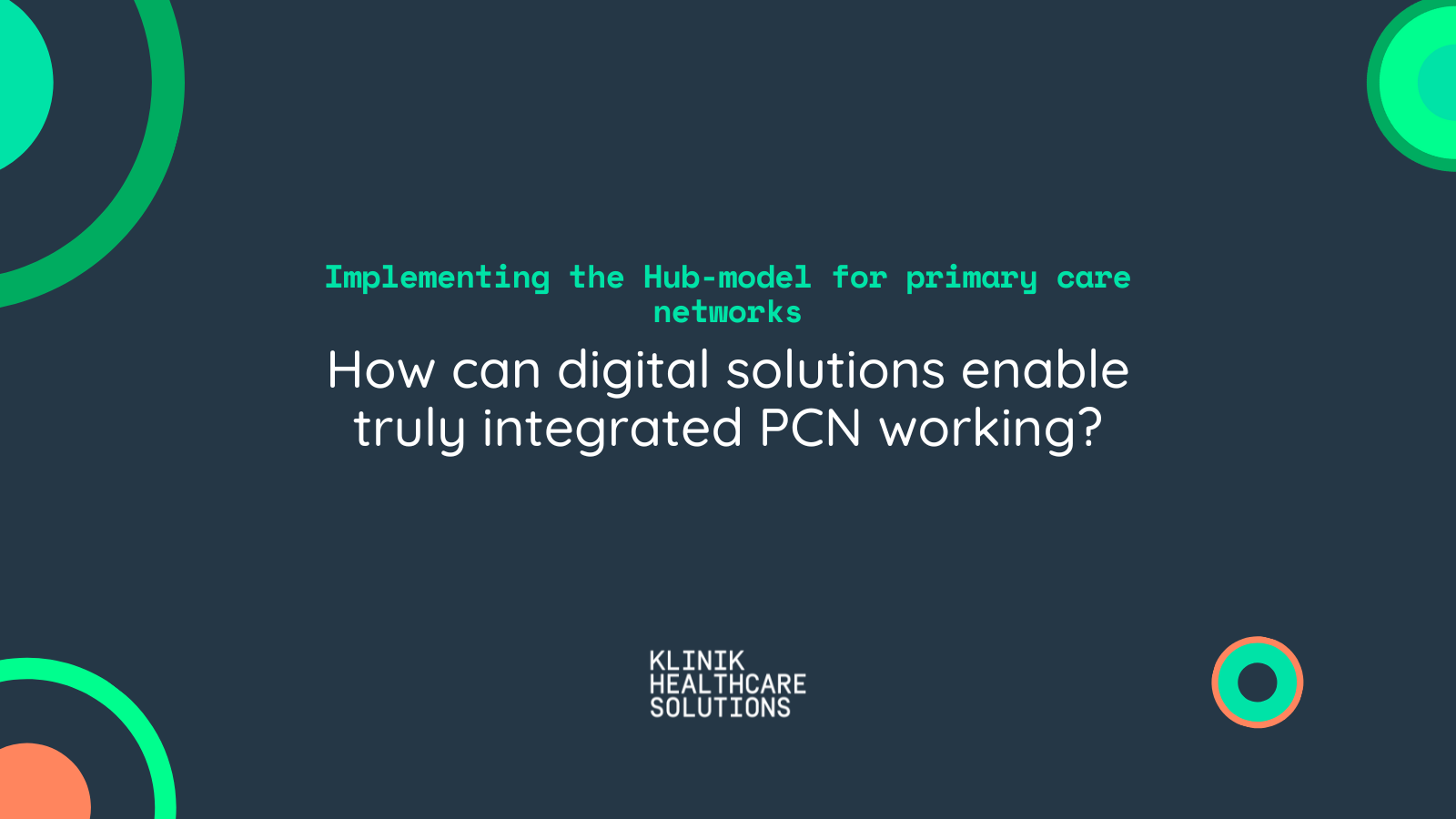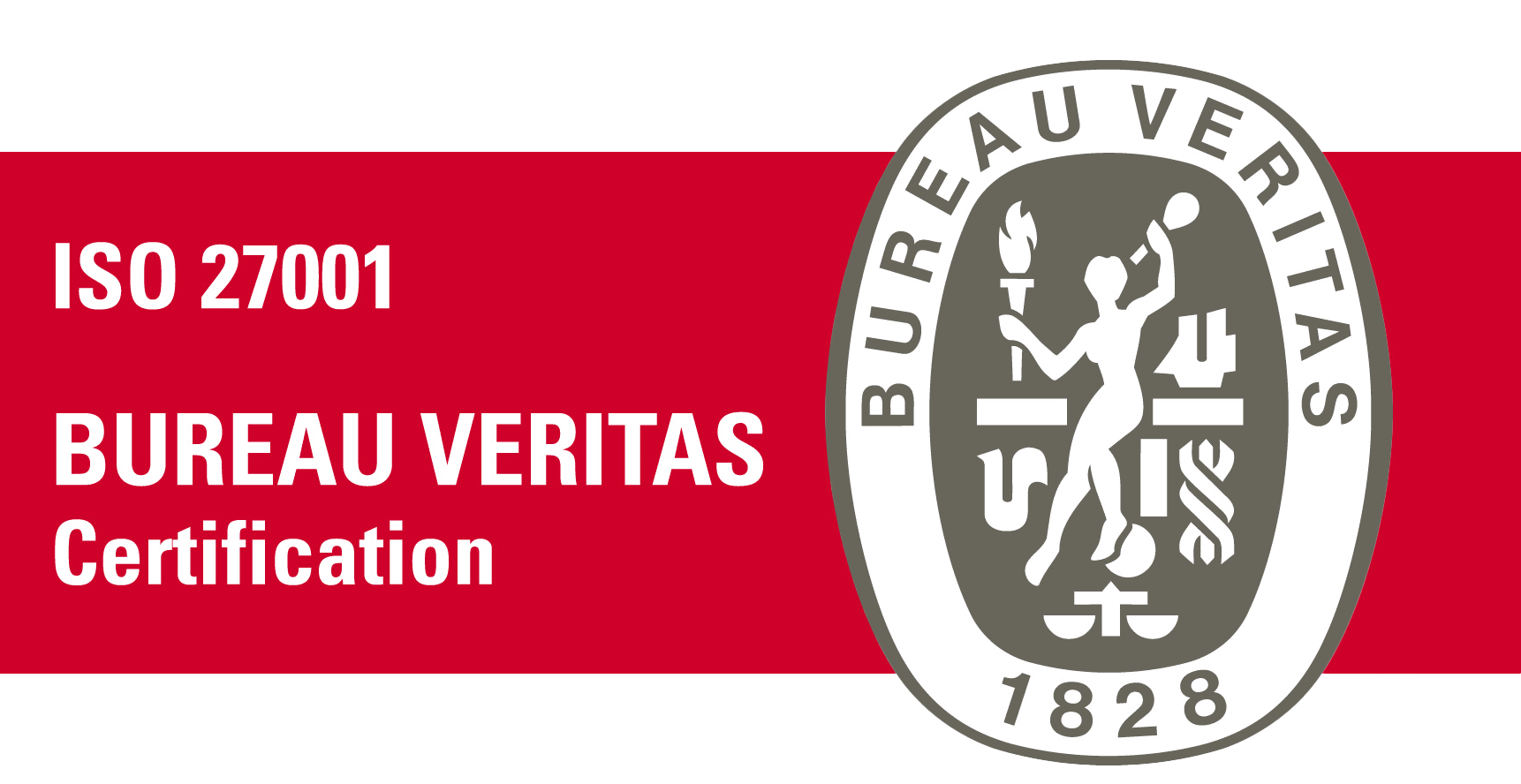Building inclusive patient triage: How can practices enable equitable access to primary care?

What is Equitable Patient Access to Primary Care?
In the ever-evolving landscape of healthcare, ensuring equitable patient access to primary care services remains a top priority. This ensures equal access to timely and appropriate care for all patients, regardless of their background or circumstances, placing clinical need above factors like socioeconomic status, geography, or technological proficiency. Equitable healthcare access involves addressing challenges related to individuals' access to and comfort with using telephone, online, or walk-in options, as well as the efficiency of each triaging method. These can create barriers which hinder people’s ability to receive the right care, at the right time.
Building a Foundation: Why is Equitable Access important in Primary Care?
Primary care acts as the foundation of the healthcare system, serving as the first point of contact for people seeking medical assistance, and a gateway to our comprehensive healthcare service. It’s where individuals receive preventive care, early intervention, and management of chronic conditions, ensuring their overall health and well-being. Access to primary care is crucial for improving population health, but disparities and inequities in access persist, especially affecting vulnerable individuals with complex healthcare needs. Addressing this requires comprehensive interventions at the system and individual levels, empowering patients and advocating for fair arrangements to ensure equal access to healthcare based on need.
GP practices have a duty to promote equity, with changes to the GP Contract for 2023/24 including specific provisions to enhance patient access. These provisions focus on standardising the patient journey by ensuring an assessment of need, appropriate signposting during initial contact with the practice, and reducing the need for multiple interactions.
The adoption of digital solutions is highlighted in the contract as essential to improving equitable access to care. For example, improving online access to medical records, using digital platforms to streamline patient triage and collect data insights that can better inform resource allocation. There are also financial incentives to help drive these improvements, including the restructuring of the Impact and Investment Fund (IIF) and the allocation of funds based on demonstrated improvements, including indicators such as 2-week access.
What are the Barriers to Equitable Primary Care?
Despite best efforts, evidence shows that access to primary care remains inequitable, leading to unmet needs, worse health outcomes, and increased costs. The Inverse Care Law highlights that those in greatest need often have the poorest utilisation of healthcare services. Typically, this is due to factors like poor health literacy, living in rural or deprived areas, and those with protected characteristics, for example, age, sex, race, and disability.
However, another challenge lies in the inefficiencies of triage systems, which often fail to accurately assess and direct patients to the appropriate level of care based on their clinical needs. Insufficient resources in primary care practices can exacerbate the problem, resulting in long wait times and limited availability for individuals in need of care. Over the last decade, there has also been little growth of overall number of GPs, despite the rapidly growing patient demand, with fewer doctors looking after a greater number of patients. This means that individuals who genuinely require healthcare assistance may encounter greater difficulties in accessing it due to the overwhelming demand-based system and overworked healthcare staff.
Empowering Equitable Access: The Future of Primary Care Triage Systems
To create a primary care triage system that fosters equitable access, it is essential to have a system that accurately assess patients' clinical needs and guides them to the most suitable care pathway. In the conventional system, this is hardly achieved – most patients are triaged on a first come first served basis, creating a disparity in access and limiting the ability to prioritise urgency.
Leveraging the power of artificial intelligence technologies can enhance this process, using software to swiftly evaluate and direct patients, reducing wait times and enabling healthcare professionals to focus on delivering quality care to those who need it the most. Klinik's total triage system, for example, uses AI algorithms to prioritise and route patient inquiries, ensuring that individuals with the greatest clinical need receive prompt attention. This not only optimises the use of available resources, but also improves the overall patient experience and eases pressure on GPs.
By directing non-urgent inquiries online and allocating phone line access to urgent cases, the communication process is streamlined, ensuring prompt connection between individuals in critical need and healthcare professionals. These improvements have potential to revolutionise primary care triage processes, increasing capacity in primary care, and promoting timely access to essential healthcare services.








